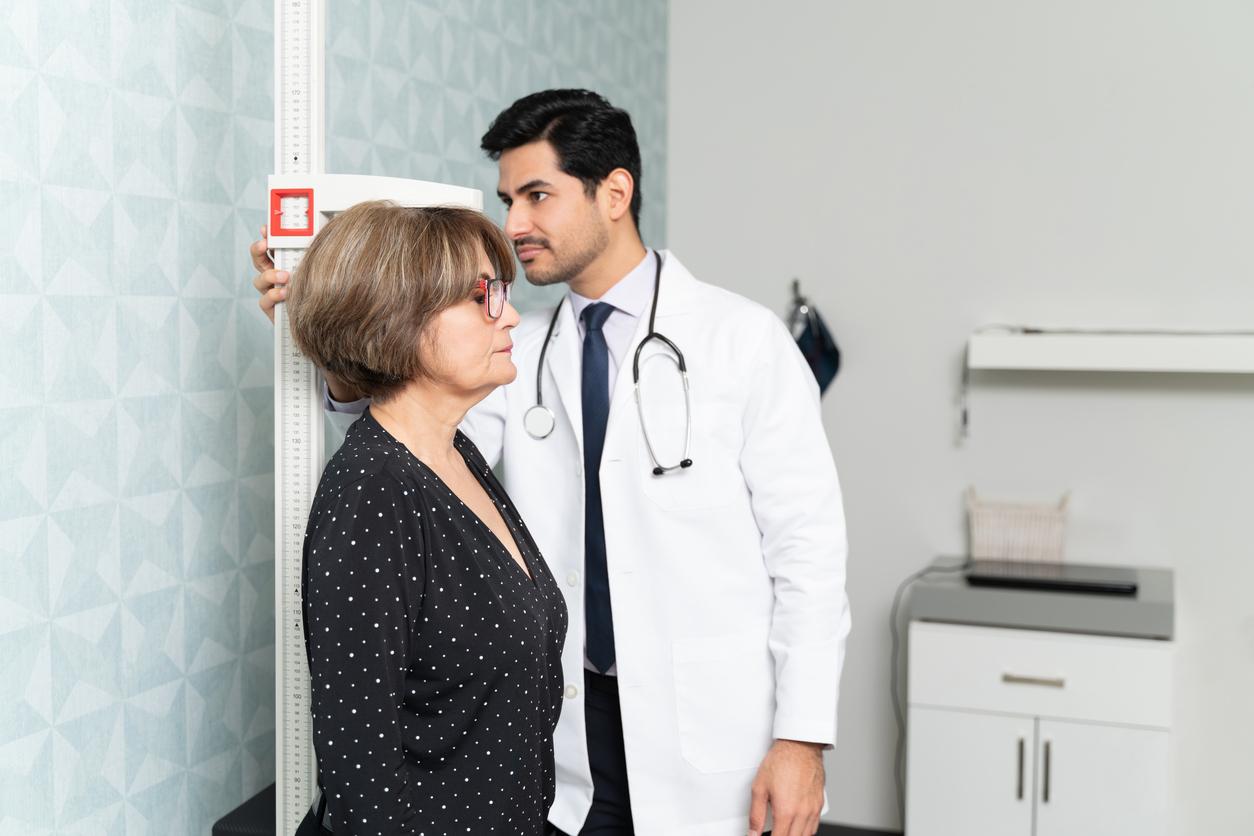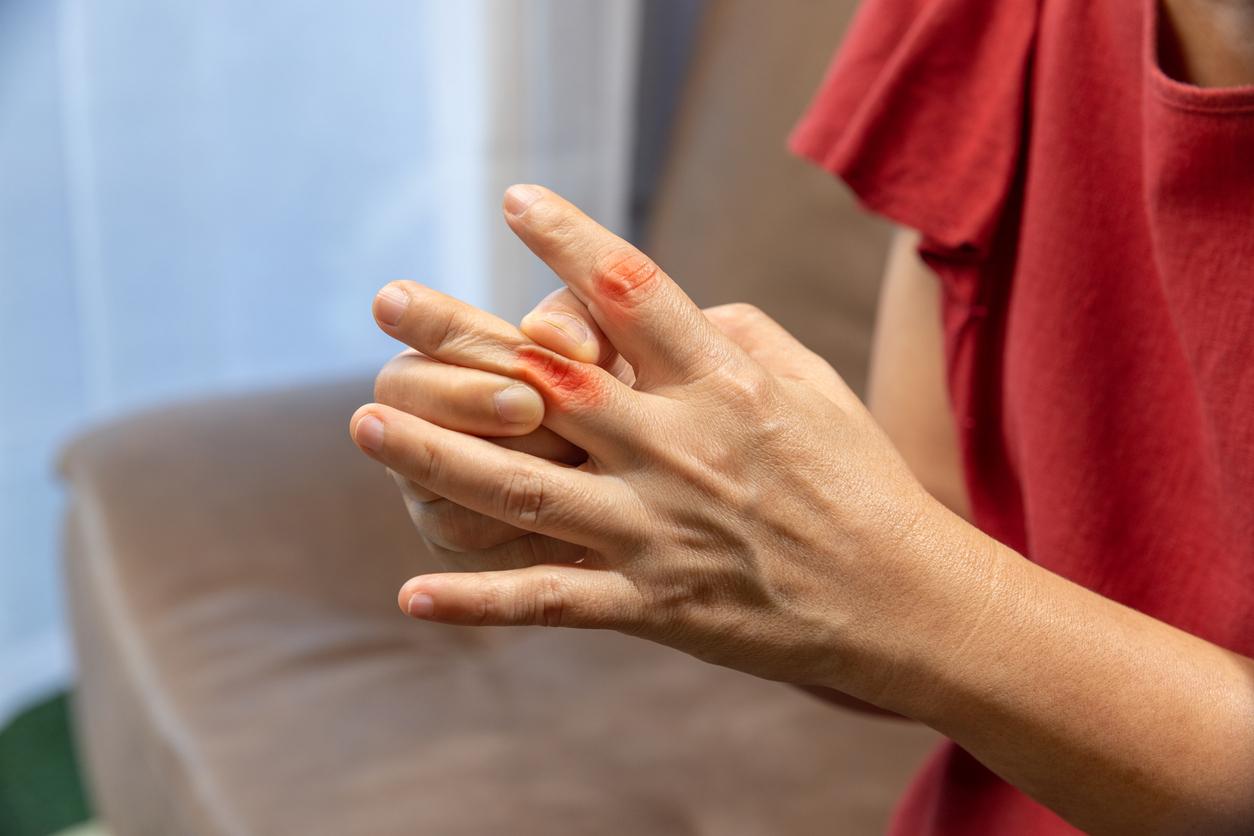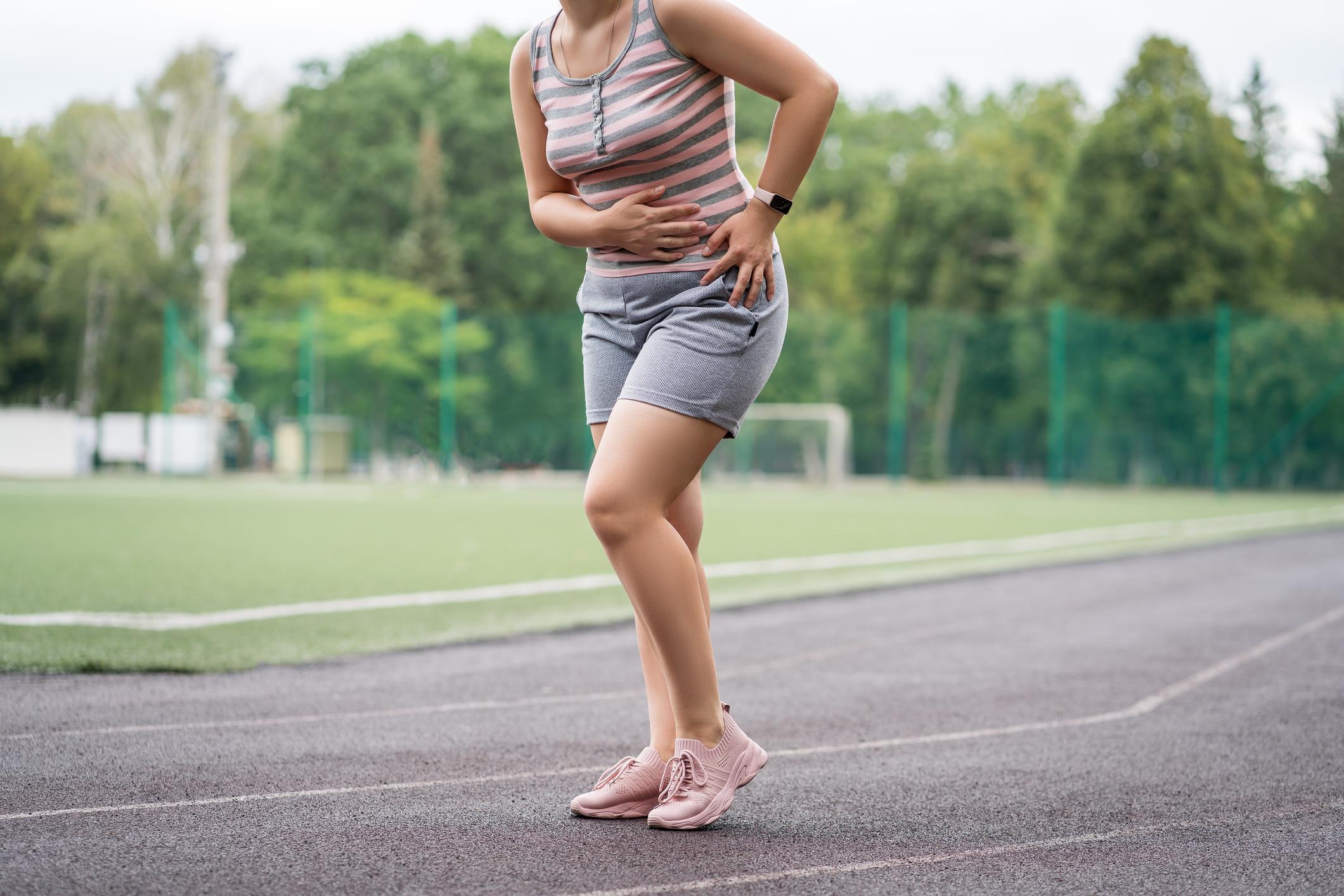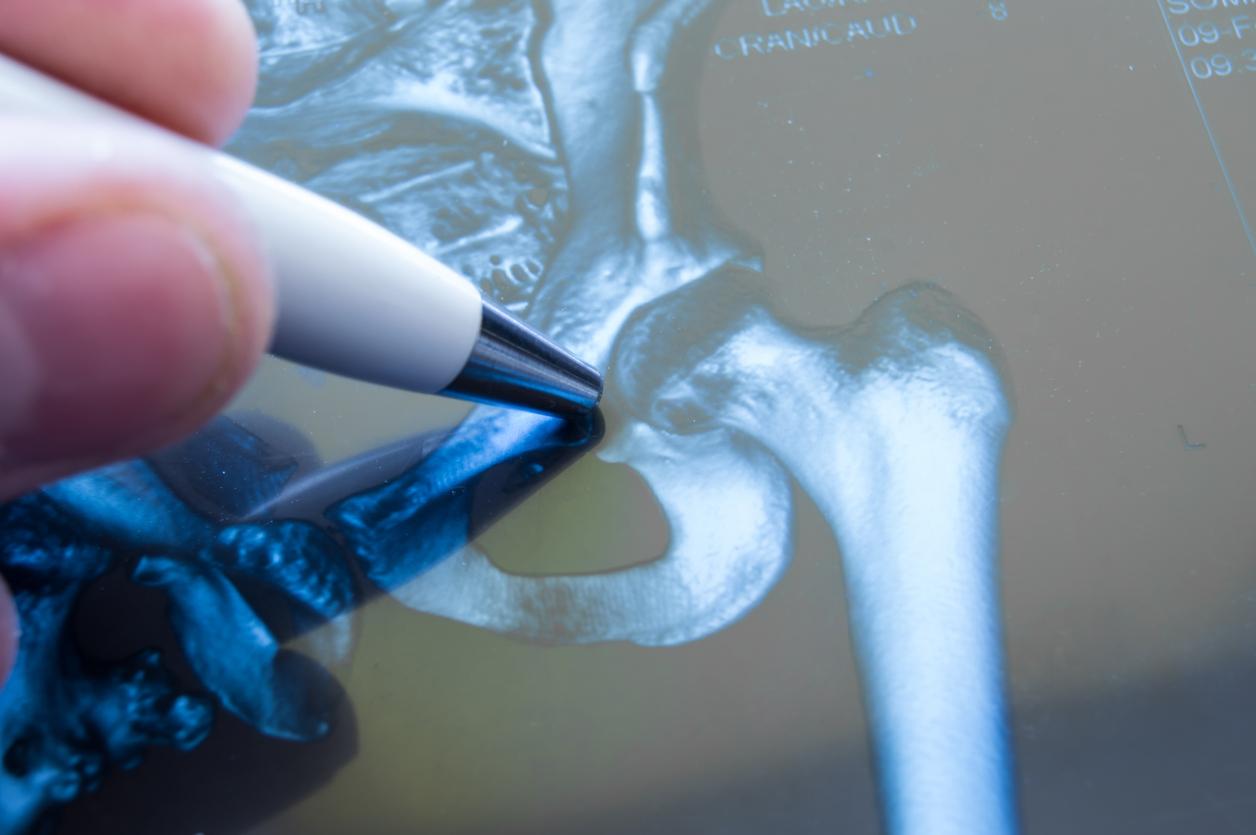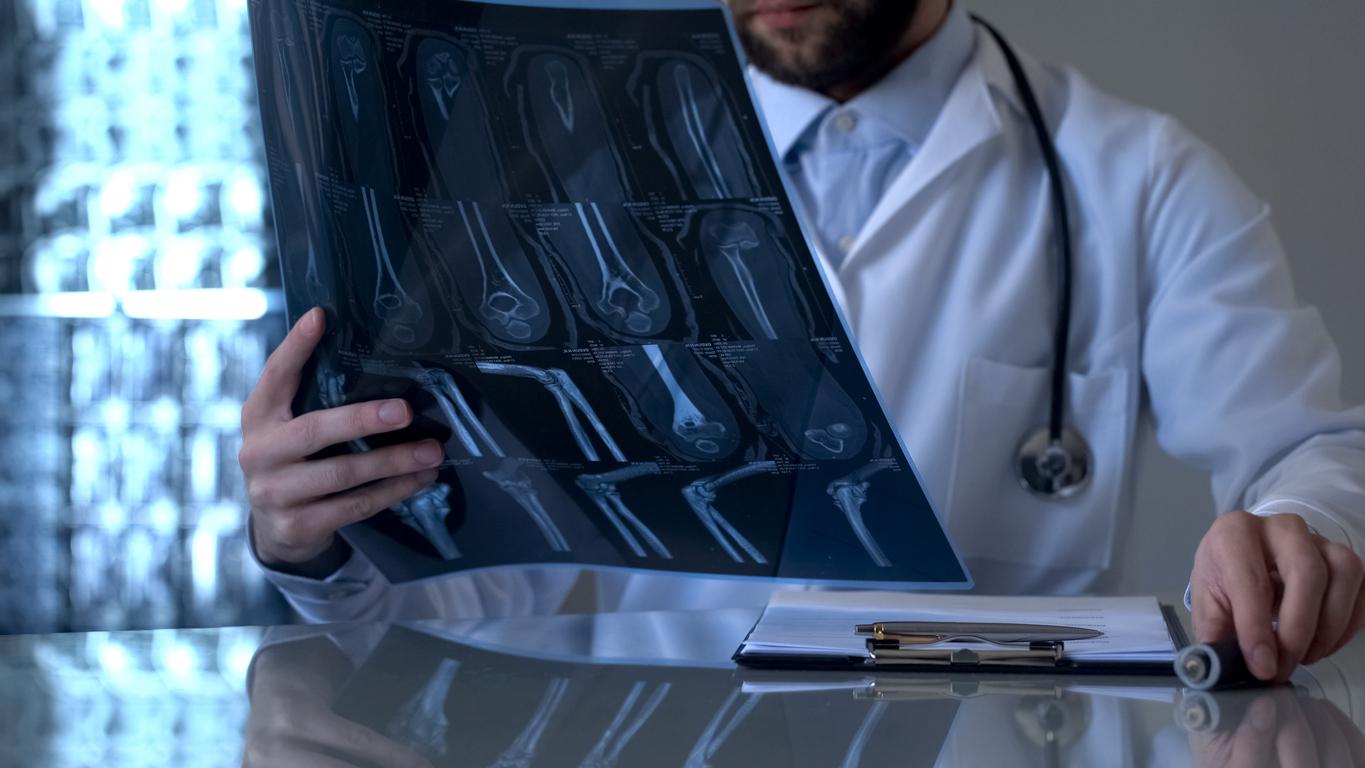Calcium and vitamin D alone do not reduce the risk of fracture, but can improve the effectiveness of a treatment against osteoporosis.

- Osteoporosis is 2 to 3 times more common in women than in men, due to menopause, according to L’Assurance Maladie.
- Aging is the primary cause of osteoporosis.
“Treatments against osteoporosis are more effective when you have sufficient calcium intake and a level of vitamin D within the norms”, according to Professor Karine Briot, rheumatologist at Cochin Hospital in Paris. In effect, the studies demonstrate that calcium and vitamin D are the most important nutrients for bone health.
Food provides calcium requirements
However, osteoporosis is a diffuse skeletal disease characterized by “decreased bone density and alterations in bone micro-architecture. These alterations make the bone more fragile and increase the risk of fracture.“, says theHealth Insurance.
To protect the bones, the recommended daily intakes are therefore around 1 gram of calcium and the level of vitamin D in the blood must be 30 nanograms per millilitre. “In case of deficiencies, it is good to supplement to correct them by favoring food intake“, specifies Pr Karine Briot.
Among the sources of calcium, there are dairy products, but this mineral is found in many other foods, including cruciferous vegetables, certain mineral waters, almonds, sardines, etc. Vegetable calcium is generally as well or better absorbed than dairy calcium.
Preserving a good muscle mass is essential in case of osteoporosis
Unlike other vitamins that are mainly found in food, vitamin D is only found in a limited way on our plate (oily fish, eggs, dairy products, in particular when they are enriched with vitamin D ). This is acquired mainly by our exposure to the sun, but it is not recommended, specifies the expert who advises supplementation instead. Especially since the contribution over the year is essential.
Physical activity is also important to prevent falls. Indeed, the decrease in the use of muscles and the decline in muscle strength lead to more frequent falls in older people who are at risk for osteoporosis.
Having a balanced diet rich in protein is also essential since it helps prevent muscle loss (sarcopenia). Avoiding excess alcohol and tobacco, which are harmful to the bones, and maintaining a stable weight, are also part of the recommendations.
The effectiveness of anti-osteoporotic drugs is proven
“In case of high risk of invoices, these associated measures are nevertheless less important than continuing the medicine against osteoporosis”, tempers Pr Karine Briot.
The High Authority for Health indicates that “alendronate (Fosamax® and generics), risedronate (Actonel® and generics) and zoledronate (Aclasta® and generics) have shown their efficacy in treatment of postmenopausal osteoporosis to reduce the risk of vertebral and hip fracture in patients at high risk of fracture”.









